#Will Durant
Text
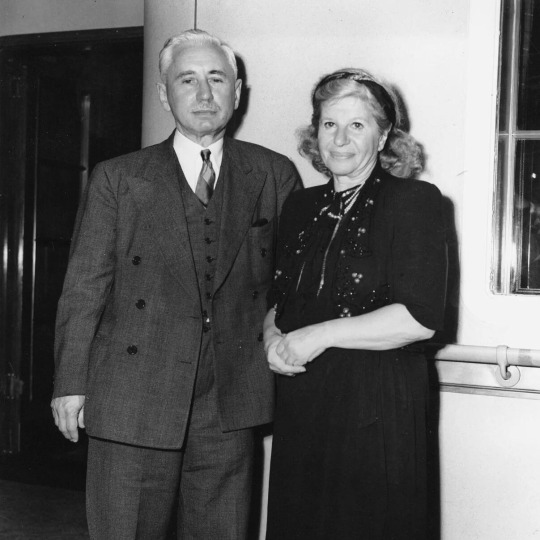
“We are what we repeatedly do. Excellence, therefore, is not an act, but a habit.”
— Will Durant, “The Story of Philosophy”
#will durant#literature#lit#literature lover#literature quotes#literature quote#english literature#philosophy#philosophical#philosopher#philosophers#philosophy of life#philosophy quotes#quote#quotes#excerpts#excerpt#quoteoftheday#booklover#book#bookworm#books#book quotes#book quotations
76 notes
·
View notes
Text
“Napoleon himself was not very fond of capitalism.”
— Will Durant, The Age of Napoleon
#I’m crying this book is so funny#napoleon#napoleonic era#napoleonic#napoleon bonaparte#first french empire#french empire#will Durant#age of Napoleon#quote
34 notes
·
View notes
Text
When I was in my mid-forties I saw where historian Will Durant wrote, in regard to the existence of a historical Jesus, he didn't see much validity in doubting something that went seventeen hundred years without being questioned. At the time I thought this a wise and profound take on the question.
A few years later it occurred to me that, for much or most of those seventeen centuries, questioning the existence of Jesus could very likely have gotten one burnt at the stake.
10 notes
·
View notes
Text
If man asks for many laws it is only because he is sure that his neighbor needs them; privately he is an unphilosophical anarchist, and thinks laws in his own case superfluous.
— Will Durant
9 notes
·
View notes
Text
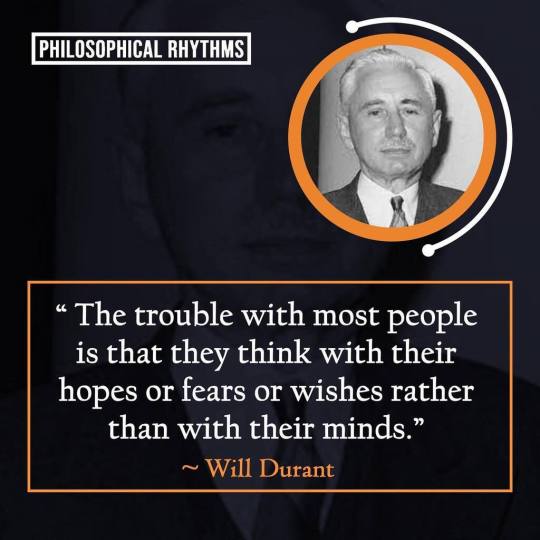
"The trouble with most people is that they think with their hopes or fears or wishes rather than with their minds."
-- Will Durant
25 notes
·
View notes
Text
"They were both geniuses; and it is notorious that geniuses accord with one another as harmoniously as dynamite with fire."
- Will Durant, The Story of Philosophy
Commenting on the friendship between Aristotle and Alexander (the great)
#philosophy#genius#will durant#history#quotes#aristotle#alexander the great#the greeks#ancient history#philosophical quotes#friendship#relationships#genius friendships
5 notes
·
View notes
Text

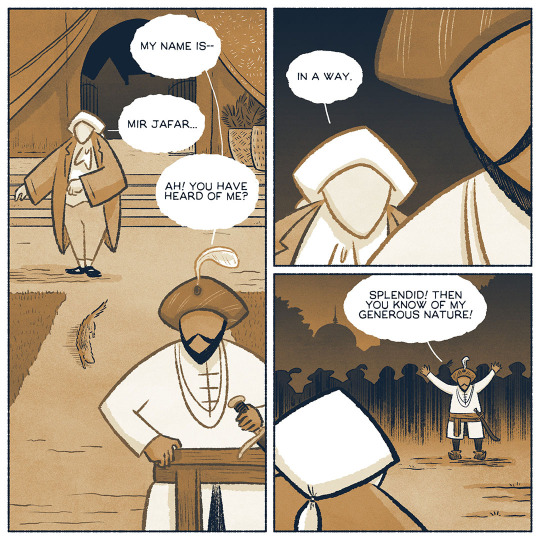

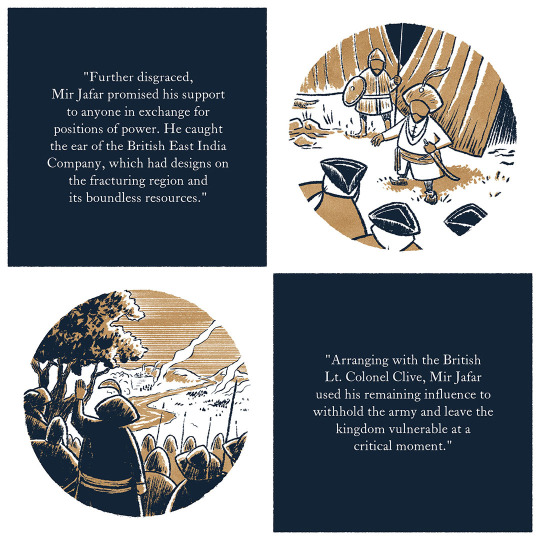


The Odyssey of Benedict Arnold - Mir Jafar
Another history interlude featured in Benedict Arnold’s journey, this time he runs into the infamous Mir Jafar!
I ended up reading far beyond his point in history to get an idea of British Rule in India and was really taken in by a lot of the stories, especially Yasmin Khan's book! Looking to read their other works when time allows. I did my best to summarize and some of the sources are noted below (although not all dealt with Mir Jafar).
These are spread out over the course of Chapter V. Arnold is invited to a celebration of sorts before it is rudely interrupted by a gang of monstrous unicorns!
https://ko-fi.com/mongooseandson (For Reading Ahead + Support!)
https://www.webtoons.com/en/challenge/the-odyssey-of-benedict-arnold/list?title_no=594697 (For General Comic Viewing + Subscribes!)
Notes:
Durant, Will. The Case for India. Simon & Schuster: New York, 1930.
Khan, Yasmin. India at War: The Subcontinent and the Second World War. Oxford University Press: New York, 2015.
Morton-Jack, George. Army of Empire: The Untold Story of the Indian Army in World War I. Basic Books: New York, 2018.
Tharoor, Shashi. Inglorious Empire: What the British did to India. Hurst & Co. Publishers: London, 2017.
#history#biography#artists on tumblr#comics#mir jafar#benedict arnold#the odyssey of benedict arnold#webtoon#ko-fi#Illustration#digital painting#india#yasmin khan#george morton-jack#shashi tharoor#will durant#british east india company
12 notes
·
View notes
Text

@philosophors
Despite being widely misattributed to Aristotle, this quote is, in fact, Will Durant's personal interpretation of the following Aristotle's quote from Nicomachean Ethics: "these virtues are formed in man by his doing the actions ... the good of man is a working of the soul in the way of excellence in a complete life... for as it is not one swallow or one fine day that makes a spring, so it is not one day or a short time that makes a man blessed and happy".
3 notes
·
View notes
Photo
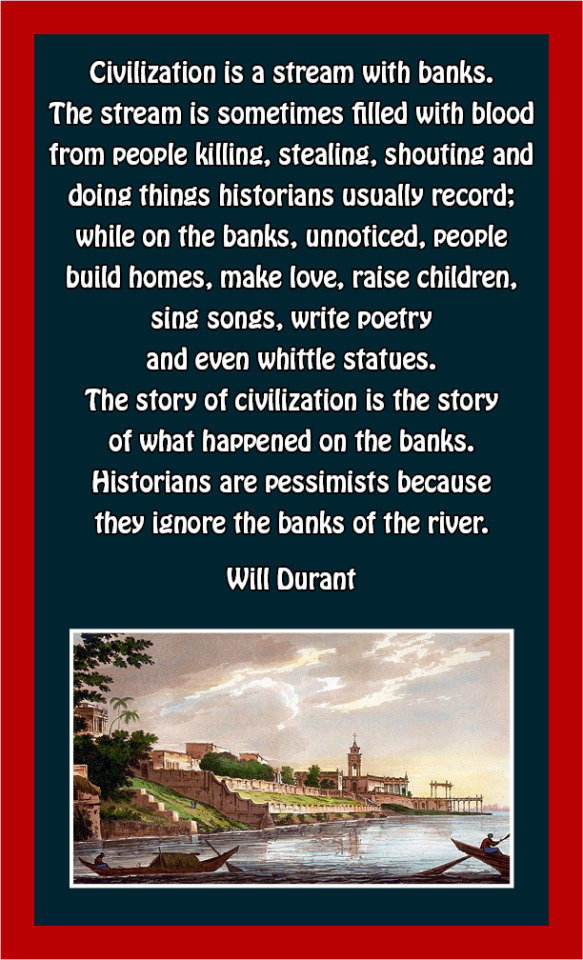
#quotes#Will Durant#civilization is a stream with banks#story of civilization#historians are pessimists
10 notes
·
View notes
Quote
كل رذيلة كانت ذات يوم فضيلة، وقد تسترد اعتبارها مرة أخرى، كالكراهية التي يصبح لها احترامها في الحروب. كانت الوحشية والشراهة ضروريتين في قديم الزمان للكفاح في الحياة، وهما الآن ارتداد سخيف، وليست خطايا الإنسان ثمرة سقوطه، إنها بقايا تخلفت عن صعوده.
ويل ديورانت | مباهج الفلسفة
#Will Durant#the pleasures of philosophy#ويل ديورانت#مباهج الفلسفة#الرزيلة#الفضيلة#أدب#اقتباس#اقتباسات أدبية
2 notes
·
View notes
Text
Napoleon’s letter to King George III of England (Christmas Day, 1799, the day after the plebiscite which had sanctioned his rule):
“Called by the will of the French people to hold the highest office in the Republic, I think it proper, on assuming my functions, to inform Your Majesty of the fact by my own hand. Is there to be no end to the war which, for the past eight years, has dislocated every quarter of the globe? Is there no means by which we can come to an understanding? How is it that the two most enlightened nations in Europe, both stronger and more powerful than their safety and independence require, consent to sacrifice their commercial success, their internal prosperity, and the happiness of their homes, to dreams of imaginary greatness? How is it that they do not envisage peace as their greatest glory as well as their greatest need? Such sentiments cannot be strange to Your Majesty’s heart, for you rule a free nation for the sole end of making it happy. I beg Your Majesty to believe that in broaching this subject, it is my sincere desire to make a practical contribution . . . toward a generous peace . . . The fate of every civilized nation depends upon the ending of a war which is embroiling the whole world.”
According to Will Durant, in The Age of Napoleon:
“George III did not think it fitting that a king should answer a commoner; he delegated the task to Lord Grenville, who sent to Talleyrand (January 3, 1800) a sharp note denouncing the aggressions of France and declaring that England could not enter into negotiations except through the Bourbons, who must be restored as a precondition to any peace. A letter of Napoleon to Emperor Francis II received a similar reply from the Austrian Chancellor, Baron Franz von Thugut.”
#letter#napoleon#napoleon bonaparte#Will Durant#Bourbons#George III#napoleonic era#napoleonic#first french empire#french empire#19th century#Durant#france#french revolution#frev#la révolution française#coalition wars#Napoleonic wars#history
22 notes
·
View notes
Text
The Story of Philosophy
The Story of Philosophy by Will Durant is a fascinating exploration of the history of philosophy. As an individual with a longstanding interest in philosophy, I was eagerly anticipating reading this book to gain a deeper understanding of the great minds that have shaped our world.
The journey begins with Thales, considered by many as the first philosopher. Durant adeptly explains the context of Thales' life and the ideas he introduced. It was intriguing to learn about Thales' belief that water was the fundamental element of the world and how this idea differed from the traditional myths and legends of ancient Greece.
The book then delves into the philosophies of other Greek philosophers, such as Socrates, Plato, and Aristotle. Durant's writing style is engaging and easy to follow, enabling readers to comprehend complex concepts. Plato's notion of an objective reality beyond the physical world was especially compelling to me. This idea had a significant influence on philosophy's development and continues to impact modern thinkers.
Next, Durant explores the Middle Ages' philosophers, including St. Augustine and St. Thomas Aquinas. He masterfully explains the role of religion in shaping philosophy during this period. It was enlightening to learn about St. Augustine's belief that the world was full of sin and suffering and that faith in God was the only way to achieve true happiness.
The book then proceeds to the Renaissance and the Enlightenment, two eras that ushered in a significant shift in the way people viewed the world. Durant describes how Enlightenment philosophers such as Descartes and Kant embraced the power of reason and humans' ability to understand the world through analysis and observation. This marked a departure from the religious beliefs of the Middle Ages and had a significant impact on the development of science and philosophy.
One of the most captivating parts of the book was the discussion of Nietzsche and the existentialist movement. Durant skillfully elucidates the concept of the "death of God" and how it influenced the existentialist philosophers who followed. It was fascinating to learn about these thinkers' belief that life had no inherent meaning and that individuals had to create their own purpose in a world that was ultimately indifferent to their existence.
In conclusion, The Story of Philosophy is a riveting book that provides a comprehensive overview of philosophy's history. Durant's accessible writing style makes it an excellent resource for individuals of all knowledge levels in philosophy. Whether you are a philosophy student or just someone who wishes to learn more about the ideas that have shaped our world, this book is an excellent choice.
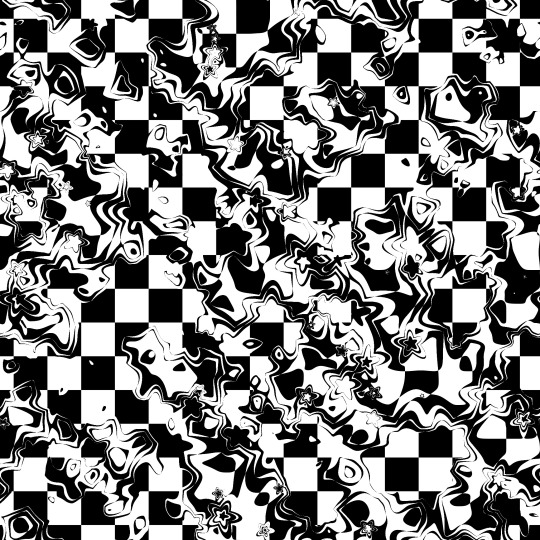
#Philosophy#History of Philosophy#Will Durant#Ancient Greece#Enlightenment#Reason#Causality#Human Nature#Ethics#Science and Philosophy#book review
1 note
·
View note
Text
Libro “La historia de la civilización” de Will Durant”
Reseña de “La historia de la civilización” de Will Durant
“La historia de la civilización” es una obra monumental del historiador y filósofo Will Durant, en colaboración con su esposa Ariel Durant. Abarcando la historia de la humanidad desde sus inicios hasta el siglo XX, la obra se compone de once volúmenes que exploran en profundidad el desarrollo de las civilizaciones a lo largo del…

View On WordPress
0 notes
Quote
The trouble with most people is that they think with their hopes or fears or wishes rather than with their minds.
Will Durant
#Will Durant#quotes#life#love#important#tumblr#instagood#aesthetic#girl#literature#sad quotes#sad poem#zitate
1 note
·
View note
Text
March 4, 476
Two days after the decisive Battle of Ravenna, the Germanic forces under the command of Odoacer marched triumphantly into the aforementioned city - which was then the capital of the Western Roman Empire. This forced the abdication of the sixteen-year-old Roman emperor Romulus Augustulus. His abdication and subsequent "retirement" to Campania ended 1,200 years of Roman rule over the Italian peninsula. While the Eastern Roman Empire (more popularly known as the Byzantine Empire) would survive for another thousand years, many ancient historians mark the date of September 4, 476, as the day the once glorious Roman Empire finally fell into ruin.
If Rome had not engulfed so many men of alien blood in so brief a time,
if she had passed all these newcomers through her schools instead of her slums, if she had treated them as men with a hundred potential excellences,
if she had occasionally closed her gates to let assimilation catch up with infiltration,
she might have gained new racial and literary vitality from the
infusion, and might have remained a Roman Rome, the voice and citadel of the West.
LOSS OF COMMON LANGUAGE
At first immigrants assimilated and learned the Latin language. They
worked as servants with many rising to leadership.
But then they came so fast they did not learn Latin, but instead
created a mix of Latin with their own Frankish, Spanish, Portuguese,
Italian, Romanian, Germanic and Anglo tribal tongues.
The unity of the Roman Empire began to dissolve
-- Will and Ariel Durant, The Story of Civilization (Vol. 3 Caesar and Christ, 1944)
0 notes
